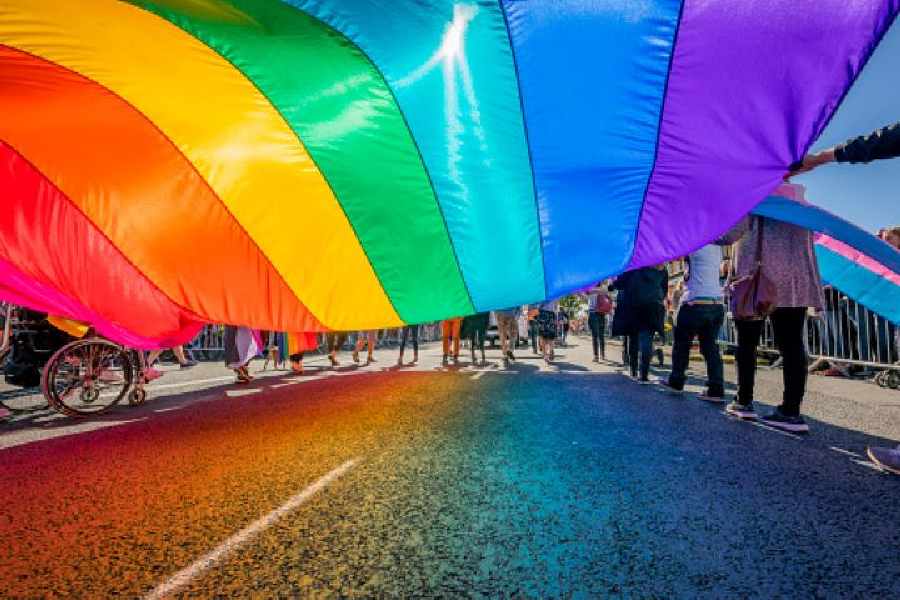Conversations about same sex relationships or different gender identities have become more commonplace in schools and classrooms than before, several principals said.
Children have become more open and comfortable discussing about different gender identities and it is no longer a “taboo topic” that is tucked away under the carpet, teachers said.
Students have become more vocal on these issues because of the platform provided by schools to articulate their views on what were once “taboo” topics.
“Students talk and discuss about same sex relationships or gender identities in classrooms, among themselves or with their teachers. Not conforming to a gender identity is not seen as an aberration and students talk about it effortlessly,” said Amita Prasad, director, Indus Valley World School.
Schools consciously make an effort to provide students with a platform to talk about such topics, in value education classes or through projects.
At least two schools, Calcutta International School and South City International School, has an LGBTQIA+ club. The clubs support and give space to the community and also works to create awareness, sensitivity and visibility on the campus.
At Julien Day School Kalyani, students have made a film on the LGBTQIA+ community for an inter-school film festival. The film by the Julien Day students won a prize in the festival.
“We, in our school, are gender agnostic. That by itself gives kids the freedom to be more open about it,” said Satabdi Bhattacharjee, principal, South City International School.
“Today’s children make choices and are open about it, too,” said a teacher in a school.
The overall awareness in society has gone up, thanks to regular discussions on the issues on various media platforms.
“As childhood educators, we have to enable children to express themselves and clear their doubts, if they have any,” said Prasad.
At times students come out in front of friends, because they find a safe space, said a teacher.
The principal of a school said adults around a child are often found uttering dismissive words to describe same sex relationships or fluid gender identities.
“The more such conversation is normalised the more inclusive the school and, eventually, society will become,” said Bhattacharjee.
Terence John, principal, Julien Day School Kalyani, said schools do not interfere with a child’s gender identity. Non-acceptance, he said, comes from the family.
“Unless a student is doing anything objectionable, we do not interfere. But we have had parents coming to us and expressing their concern about how to tackle their children’s gender identity. Parents are usually worried about the social stigma and often find it difficult to accept (the situation/reality),” John said.
Prejudices are deep-rooted, said a teacher. And that often makes an individual hide the gender identity.










